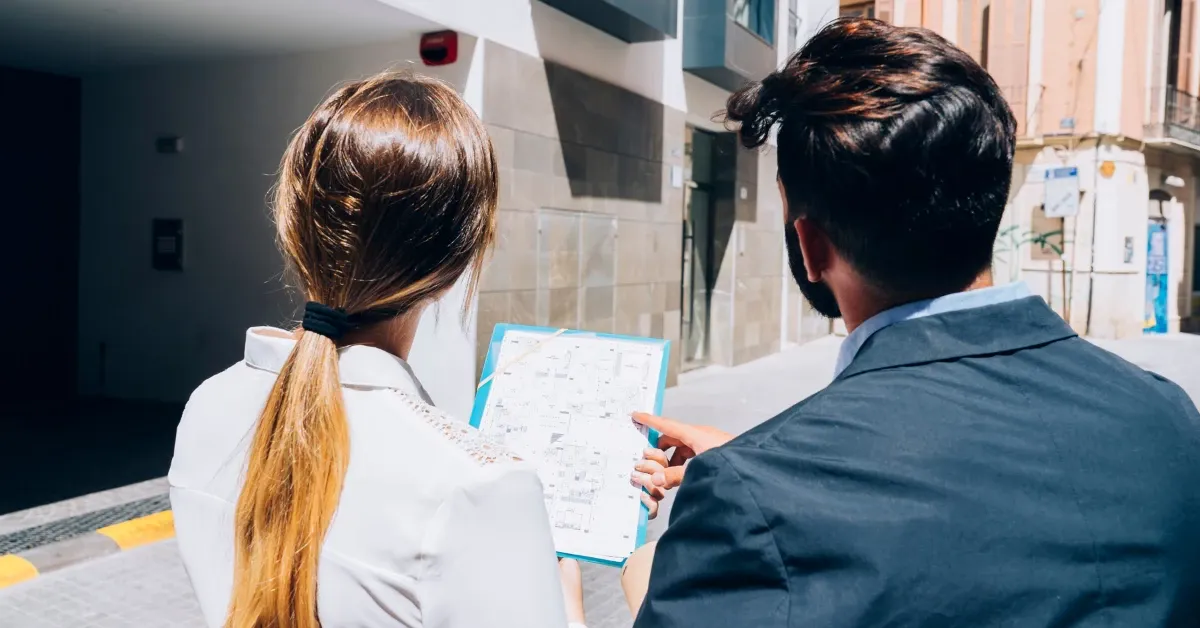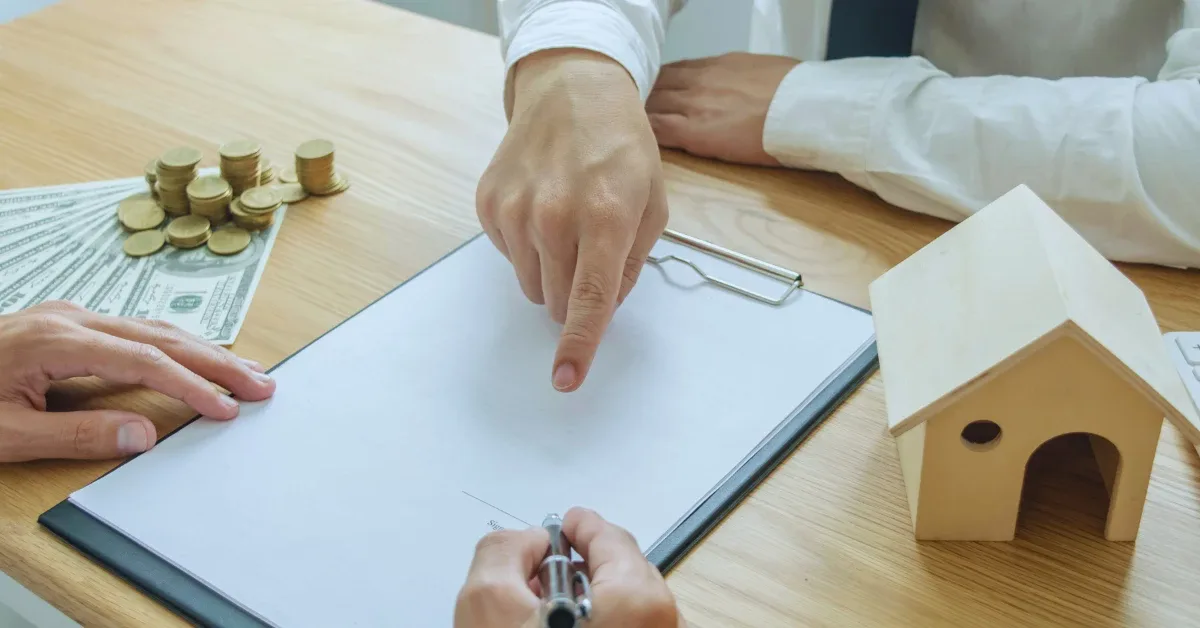A landlord can inspect a rental property in Victoria once every four weeks with a valid reason. If a tenant gives consent, the landlord can conduct an inspection more frequently.
In general, landlords are allowed by law to inspect their rental units once every four weeks if they have a valid reason, such as ensuring the property is in good condition or attending to necessary repairs.
However, if the tenant gives their consent, a landlord can conduct an inspection more frequently.
This article will explore the rules and regulations governing landlord inspections in Victoria to help you remain compliant and avoid any potential disputes with tenants.

What Are Landlord Inspections?
Whether you are a tenant or a landlord, it is necessary to understand the rules and regulations surrounding landlord inspections in Victoria.

As a landlord, it is your responsibility to conduct inspections of your rental property from time to time.
Likewise, as a tenant, it is important to know your rights and obligations when it comes to landlord inspections.
Definition Of Landlord Inspections In Victoria
A landlord inspection is a process in which the landlord or their authorized representative visits the rental property to assess its condition and ensure that everything is in good working order.
The inspections are usually conducted periodically during the tenancy.
An inspection may involve checking for damages, addressing maintenance issues, and ensuring compliance with the landlord’s policies.
Here are some key points to keep in mind about landlord inspections in Victoria:
- The inspection must be conducted between 8 am and 6 pm, on a mutually agreed-upon date and time.
- A landlord should give reasonable notice before conducting the inspection, which is usually 24 hours.
- If the tenant declines to participate in an inspection at a reasonable time, the landlord may seek a court order to perform the inspection.
Purpose Behind Conducting Landlord Inspections In Victoria
The primary purpose of conducting landlord inspections is to maintain the rental property and ensure that it is in good condition.
Here are some more reasons why landlord inspections are necessary:
- To identify any maintenance or repair issues that need to be addressed before they become major problems.
- To examine the condition of the rental property and ensure that it meets certain safety and health standards.
- To check that the tenants are meeting their obligations per the lease agreement.
- To inspect the rental property before the tenancy ends to assess if there are any damages that need to be repaired or cleaned before it can be rented out again.
Legal Obligations Of Landlords And Tenants
The residential tenancies act in Victoria outlines the legal obligations of landlords and tenants when it comes to inspections.

Inspections are standard practice in the rental industry and can occur for various reasons.
As a landlord, it’s important to understand your responsibilities and ensure that you’re conducting inspections lawfully.
Here’s what you need to know:
- Inspections must take place during reasonable hours and with at least 24 hours written notice to the tenant.
- It’s advisable to conduct inspections every three to six months, depending on the tenancy agreement. However, landlords are prohibited by law from inspecting a rental property more than four times a year.
- The purpose of the inspection should be clearly stated, and the tenant should be informed in writing why the inspection is happening.
- The landlord should make every effort to accommodate the tenant’s schedule when scheduling inspections.
- At an inspection, the landlord should only be looking for urgent or necessary repairs, not inspecting the tenant’s belongings or lifestyle.
What Tenants Are Entitled To When A Landlord Conducts An Inspection
The residential tenancies act provides protection to tenants when it comes to inspections. Here’s what tenants are entitled to:
- The right to be present during the inspection.
- The right to privacy. The landlord should not be inspecting or taking photos of the tenant’s personal belongings or documents.
- The right to be informed in writing at least 24 hours in advance of the inspection.
- The right to refuse entry if the landlord does not provide adequate notice.
- The right to dispute unnecessary or excessive inspections with the residential tenancies dispute resolution service.
Frequently Asked Questions Of How Often Can A Landlord Do An Inspection Victoria
How Often Can A Landlord Do An Inspection In Victoria?
In Victoria, landlords can inspect their properties with proper notice, usually every 3-6 months.
Can A Landlord Enter Without Permission?
A landlord cannot enter the property without giving proper written notice, except in cases of emergency or if the tenant agrees.
What Should I Do If I Don’t Want My Landlord To Inspect?
If you do not want your landlord to inspect, you can negotiate for a less frequent inspection schedule or provide a valid reason for not allowing an inspection.
What Are The Penalties For A Landlord Who Enters The Property Without Permission?
A landlord who enters the property without permission can face penalties such as legal action, monetary fines or even imprisonment.
Conclusion
Understanding the regulations is crucial to maintain a healthy landlord-tenant relationship.
Remember, in Victoria, landlords can only inspect your property every six months. Stick to the rules, respect privacy, and foster a thriving living environment for everyone.
